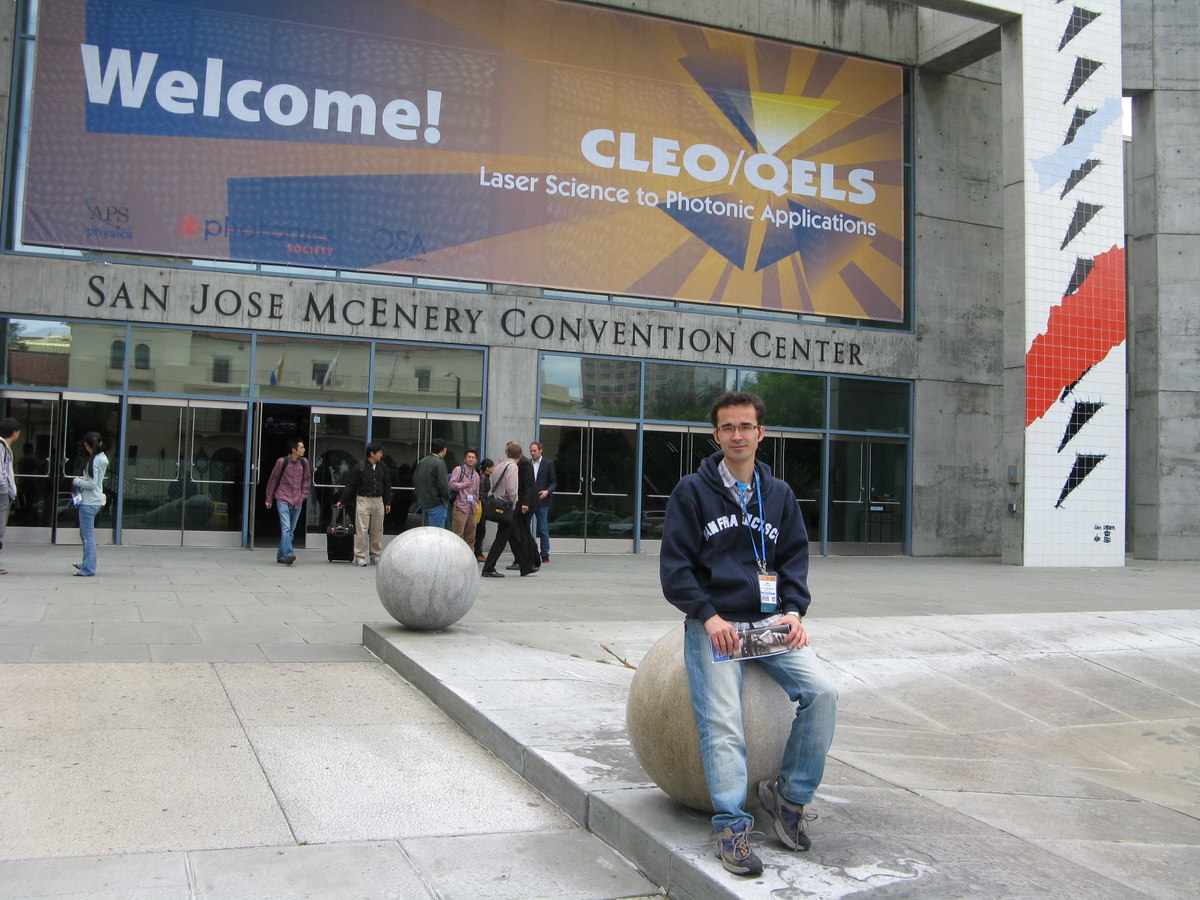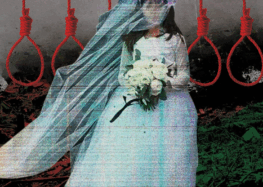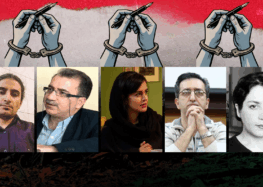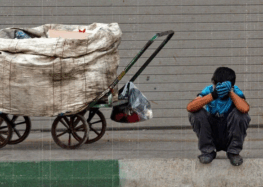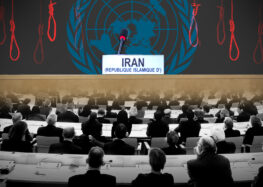Imprisoned Scientist Denied Medical Treatment despite Severe Illness
Omid Kokabi, an internationally recognized physicist serving a 10-year sentence, has not been allowed medical treatment outside Evin Prison despite his worsening kidney stone condition and stomach ailment, a source told the International Campaign for Human Rights in Iran.
Kokabi, 33, who has not been allowed furlough once in the four years since his incarceration (a customary practice in Iran but routinely denied to political prisoners), was among the country’s top students. He was a post-doctoral Nuclear Physics at the University of Texas at Austin at the time of his arrest at Tehran’s International Airport as he was about to leave the country on January 30, 2011, after visiting family in Iran.
He was kept in solitary confinement for over a month during his 15-month pre-trial detention. On May 14, 2012, he was sentenced to 10 years in prison by Judge Salavati for “contact with enemy states” and other falsified charges.
“Omid has been suffering from kidney stones and stomach problems for a long time. His teeth are hurting, too. But even though doctors at the prison clinic have confirmed his need for treatment outside the prison, and despite many requests by Omid, so far there has been no approval for his transfer and his condition in the prison quarantine has worsened,” the source told the Campaign.
The denial of medical treatment, especially in the case of political prisoners, is endemic throughout the Iranian judicial system, even in cases where treatment is needed for life-threatening illness or injuries.
The source described Evin Prison’s quarantine, where many political prisoners from Ward 350 have been transferred to since August 12, as a basement without windows or proper ventilation. It has four rooms with a total of 100 prisoners and only four small toilets and showers. There is no space to walk or exercise.
“Because of lack of proper ventilation and sanitation, there are lots of insects there and many of the prisoners have developed skin problems. Cultural and physical activities are banned, but even if they were allowed, there’s no space for them. Despite all these difficulties, Omid studies and teaches other prisoners, too,” the source added.
Before his trial, Kokabi wrote a letter from detention to the Head of the Judiciary, criticizing his illegal arrest, mistreatment during interrogation, 36 days of solitary confinement, and forced confession.
“Interrogators would take and read every line I wrote. Many times they would angrily yell at me and tell me to write down what they told me and I’m very sorry I did so,” he wrote. Forced confessions, often under torture or threat of harm, is a routine practice in Iran. Such confessions are typically then broadcast on state TV and used to obtain convictions.

